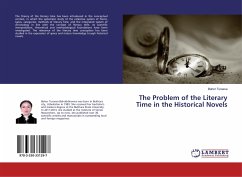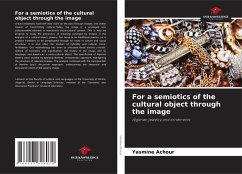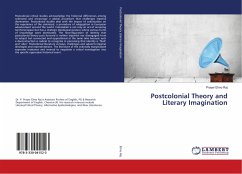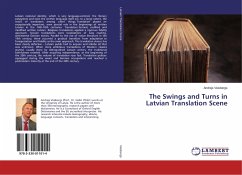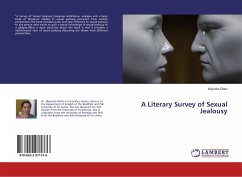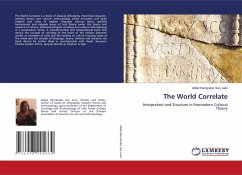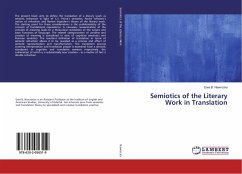
Semiotics of the Literary Work in Translation
Versandkostenfrei!
Versandfertig in 6-10 Tagen
37,99 €
inkl. MwSt.

PAYBACK Punkte
19 °P sammeln!
The present book aims to define the translation of a literary work as semiotic refraction in light of C.S. Peirce's semiotics, André Lefevere's notion of refraction and Roman Ingarden's theory of the literary work. The starting point for these considerations is the problematicity of the concept of translational equivalence. A necessary reexamination of the concept of meaning leads to a theoretical revisitation of the origins and basic functions of language. The related categorization of universe and creation of meaning is considered in view of cognitive semantics and Peircean semiotics. The r...
The present book aims to define the translation of a literary work as semiotic refraction in light of C.S. Peirce's semiotics, André Lefevere's notion of refraction and Roman Ingarden's theory of the literary work. The starting point for these considerations is the problematicity of the concept of translational equivalence. A necessary reexamination of the concept of meaning leads to a theoretical revisitation of the origins and basic functions of language. The related categorization of universe and creation of meaning is considered in view of cognitive semantics and Peircean semiotics. The resultant definition of translation in terms of semiotic refraction allows it to be revealed as a process and effect of semiotic representation and transformation. The translation process covering interpretation and translation proper is examined from a semiotic standpoint as cognitive and translative semiosis respectively, the culmination of which is a substantially new creation - as a matterof fact a double refraction.



